
The inception of the Department of Electronics and Communication Science dates back to 1995, gaining approval from the University of Madras. The department currently holds a sanctioned capacity of 32 seats. This field encompasses a fusion of practical electronics, proficiency in programming languages such as C, C++, and Python, along with expertise in Embedded C. Moreover, it emphasizes essential computing skills and delves into the realm of computer networking.
The B.Sc. (Electronics & Communication Science) program shall produce professionals who will-